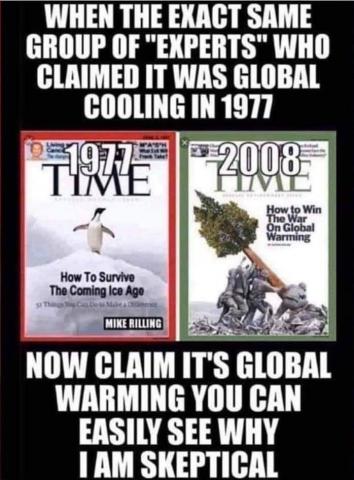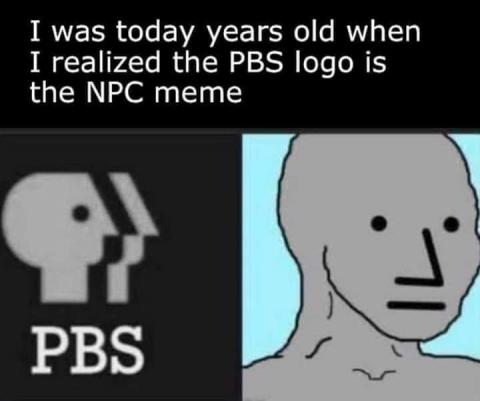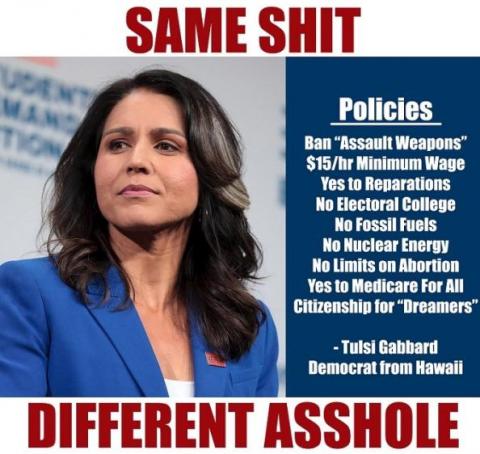Last week (hey, we were busy getting this new site upgraded) the NFIB reported that small business optimism remains high:
WASHINGTON, D.C. (Dec. 11, 2018) — Small business optimism posted a modest decline in November with a reading of 104.8, while continuing its exceptionally strong two-year trend, according to the NFIB Small Business Optimism Index. Slightly more than half of the decline was attributable to Expected Business Conditions and Expected Real Sales. Increases in compensation tied a near 30-year high as owners seek to attract more qualified candidates. An increasing percentage of owners reported capital outlays and higher sales.
“Small business owners are enthusiastic about the economy and have demonstrated their optimism by raising wages, creating new jobs, and investing in their businesses throughout 2018,” said NFIB President and CEO Juanita D. Duggan. “Overall, small business owners have shown a historic trend in optimism for their businesses and the economy and continue to be the driving force behind economic growth.”
Small business optimism is how us business owners perceive the current business environment and our confidence that it will be favorable or improve in the foreseeable future. Perception is reality and we run our businesses accordingly. When we're pessimistic, we pull back spending, trim the fat, dump low margin or non-performing products and services, consolidate resources, and hunker down to weather what we perceive to be a storm. If an employee leaves, we may not fill the opening and just distribute those duties to the other workers.
When we're optimistic, as we are now, the result is what we're currently experiencing. Capital spending is the fuel of the economy, where businesses spend money on assets like new machinery, laptops, software, vehicles, or anything that will help growth. If you produce a widget and you can drive down your cost-per-unit and increase output if you buy a fancy new machine you've been looking at, you're more likely to pull the trigger when you are confident that things are good. Small business has the finger directly on the pulse of the consumer, so we know pretty quick when clouds are forming or sunshine is breaking.
The negatives we're experiencing, which really aren't negatives overall, are when the economy is good, it's good for other businesses as well. When they're growing, they need labor just like you. The days when you can undercut your labor because you know they'd have a hard time finding another job are over, and instead, you have to increase their compensation to keep them.
As more jobs are filled, the available labor pool gets tighter. Instead of having the upper-hand, the tables are turned and the employee has more leverage to negotiate a higher wage. Depending on the requirements of the position, you may need a more specialized skill-set. If there's any demand for that skill-set, retention and recruiting that talent is an issue -- a good issue, because business is good and you can afford the talent, but an issue because it's difficult.
Finding the right employee is not as easy as it sounds. You want to find someone who can do what you need and don't have to babysit, will show up on time, and at least pretend to care about Q&A. Every small business person reading this that hires people is saying "yup" right now.
As the labor market tightens, and the talent pool becomes more shallow, we're more pessimistic about finding the labor we need. That's when the arm-chair business pundits on the financial shows who have never started and grown a business will say how optimism is dropping because Trump is being too tough and reckless with China. They're wrong. It dips because we're having to deal with good problems like a tightening labor market.
Job openings will fluctuate as businesses spend money. If you're ready to grow or expand, you create an opening, recruit and hire to fill that opening, and then close that position. You make some capital expenditures, let's say, for a new fleet of vehicles. When you purchase the vehicles, positions will open up to drive the vehicles. Once those positions are filled, those positions are closed, and the company isn't hiring for a while. Because the company doesn't need to hire doesn't mean things are bad. Once your positions are filled, you're focused on operations.
I like Kevin Hassett. He gets it. I feel for him having to talk with these morons in the media. That has to be torture. Back to the report:
Plans to invest were most frequent in manufacturing (34 percent), transportation (32 percent), and the wholesale trades (38 percent).
These are the fundamental components of our economy. Manufacturing is making stuff, transportation is taking stuff from the manufacturer to the distributor/retailer, and wholesale trades is selling stuff. These indicators are strong, which means the economy is strong, and with high optimism is expected to continue well into 2019.
This is what happens when we elect a pro-American President who spent his entire life building stuff.





